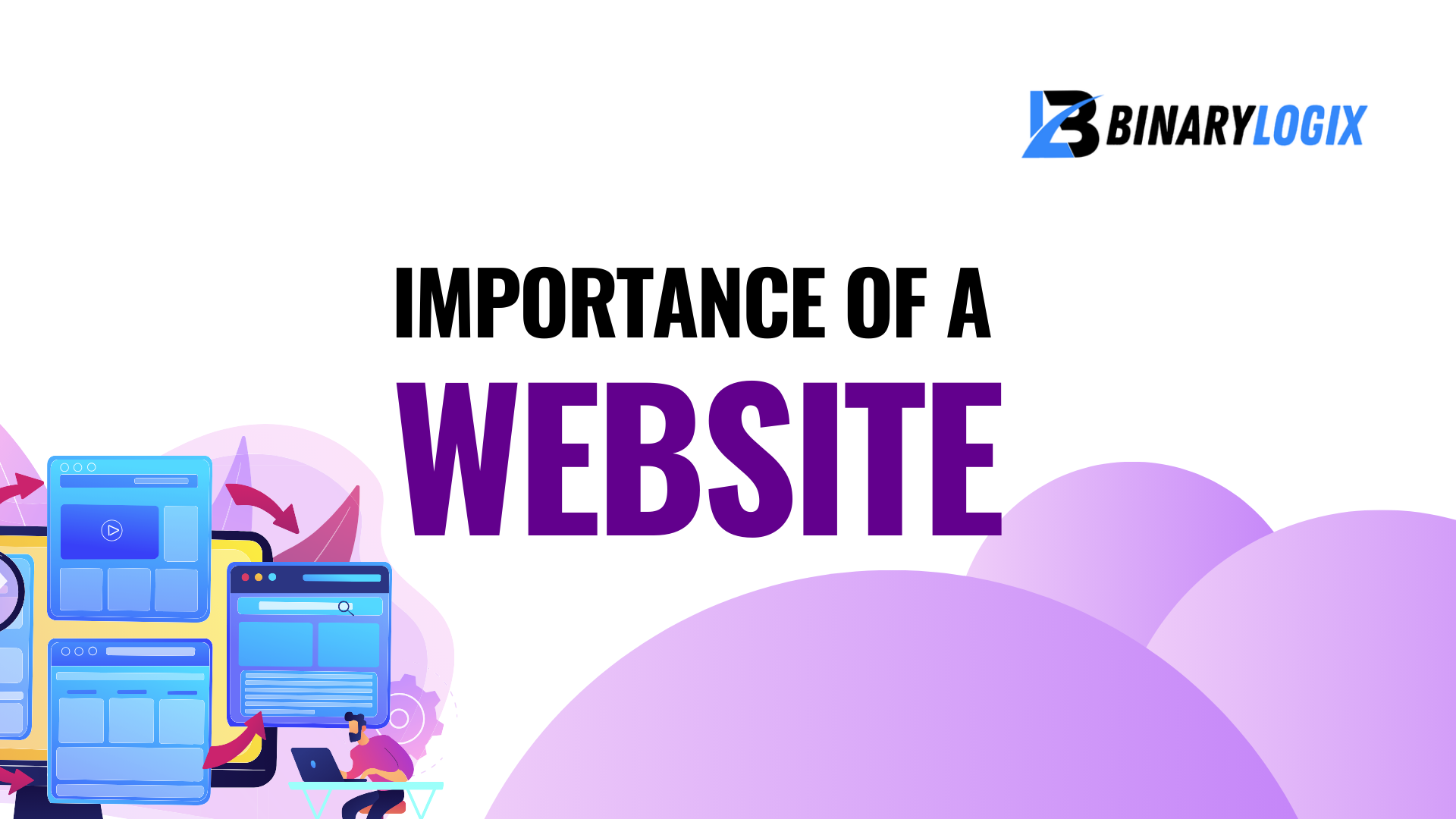Importance of a Website in a Business
1. First Impressions Matter
A website is often the first interaction a customer has with your business. A professional, well-designed website creates a positive first impression, builds trust, and encourages visitors to explore more about what you offer. Without a website, you risk losing potential customers to competitors who have an online presence.
2. 24/7 Availability
Unlike physical stores that have operating hours, a website is accessible 24/7. This means customers can learn about your business, browse your offerings, and even make purchases at any time, regardless of their location or time zone.
3. Enhanced Credibility
In today’s world, consumers expect legitimate businesses to have a website. A well-maintained site with customer testimonials, case studies, and clear contact information enhances your credibility and professionalism.
4. Cost-Effective Marketing
A website is a cost-effective way to market your business. Through blogs, SEO (Search Engine Optimization), and digital ads, you can attract and convert potential customers without spending a fortune on traditional advertising methods.
5. Wider Reach
With a website, your business isn’t limited to local customers. You can reach a global audience, expanding your market and increasing opportunities for growth. This is particularly beneficial for e-commerce businesses and service providers.
6. Customer Engagement and Interaction
A website provides multiple ways to engage with your customers. Features like live chat, contact forms, and feedback surveys allow you to interact with visitors, address their queries, and improve their experience.
7. Showcasing Products and Services
Your website is a platform to showcase your offerings in detail. High-quality images, videos, and descriptions can highlight the benefits of your products or services, making it easier for customers to make informed decisions.
8. Insights and Analytics
Tools like Google Analytics provide valuable data about your website’s performance, including visitor demographics, behavior, and preferences. These insights help you refine your marketing strategies and improve user experience.
9. Competitive Edge
In a competitive market, having a website gives you an edge over businesses that don’t. It allows you to showcase your unique value proposition, build brand awareness, and stay ahead of competitors.
10. Support for Digital Marketing
A website is the foundation of your digital marketing efforts. It acts as a hub for driving traffic from social media, email campaigns, and search engines. Every online marketing strategy revolves around bringing potential customers to your site.
Conclusion
In today’s interconnected world, a website is more than just an online presence—it’s an essential business tool. Whether you’re a small startup or a large enterprise, investing in a professional website can significantly boost your credibility, visibility, and overall success. Don’t miss out on the opportunities a website can offer—make it the cornerstone of your business strategy today.


